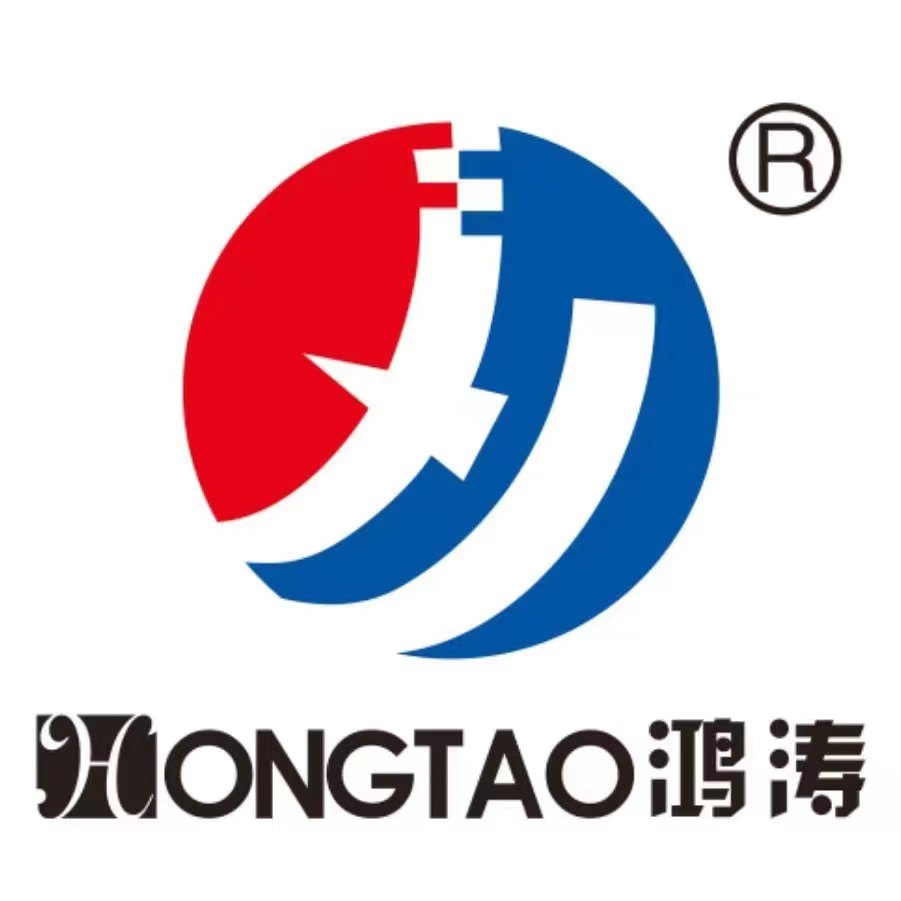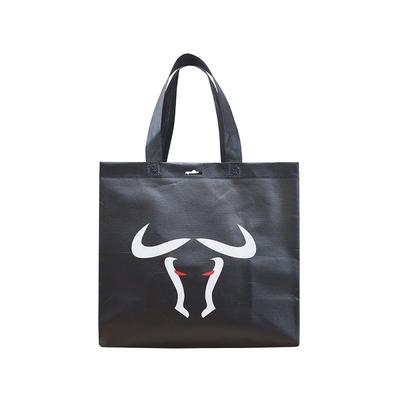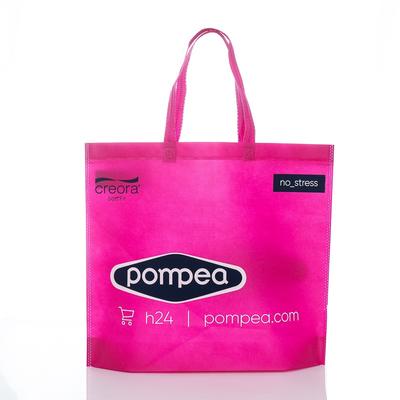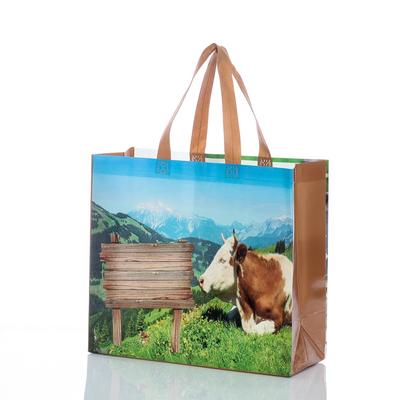What is the Purpose of a Shopping Bag?
In the bustling world of retail and consumerism, the humble shopping bag plays a vital yet often overlooked role. As simple as it may seem, the shopping bag serves multiple purposes that go beyond merely transporting goods. From practicality to marketing, and even environmental impact, the shopping bag is a crucial component of modern commerce.
Practical Functionality
The primary purpose of a shopping bag is, of course, to carry purchased items. Shopping bags come in various sizes and materials to accommodate different types of products. Whether it's groceries, clothing, or electronics, a well-designed shopping bag ensures that items are transported safely and conveniently from the store to the customer's home. The durability, handle strength, and capacity of a shopping bag are key factors that determine its effectiveness in this regard.
Branding and Marketing
Beyond their practical use, shopping bags serve as powerful marketing tools for businesses. Branded shopping bags, adorned with a store's logo, colors, and slogan, act as mobile advertisements. Each time a customer carries a branded bag, it reinforces the store's identity and promotes brand recognition. This form of marketing is cost-effective and has a far-reaching impact, as the bag travels with the customer through various public spaces.
Environmental Considerations
In recent years, the environmental impact of shopping bags has come under scrutiny. Traditional plastic bags, while cheap and convenient, contribute significantly to pollution and landfill waste. As a result, many retailers are shifting towards more sustainable options. Reusable bags made from materials such as cloth, jute, or recycled plastics are becoming increasingly popular. These eco-friendly alternatives not only reduce environmental harm but also align with growing consumer demand for sustainable practices.
Consumer Experience
The design and quality of a shopping bag can also enhance the overall consumer experience. A sturdy, well-crafted bag can make shopping more enjoyable and hassle-free. Some stores offer aesthetically pleasing bags that customers are proud to reuse, thereby extending the bag's life and utility. Additionally, certain high-end retailers use luxurious shopping bags as part of their brand experience, adding an element of prestige to their products.
Legal and Social Implications
In some regions, legislation has been introduced to limit the use of single-use plastic bags. Such regulations encourage both retailers and consumers to adopt more sustainable practices. Social campaigns and educational initiatives also play a role in changing public attitudes towards the use of shopping bags, promoting a culture of reuse and recycling.
In conclusion, the purpose of a shopping bag extends far beyond its basic function of carrying items. It serves as a vehicle for brand promotion, a statement of environmental responsibility, and an enhancer of the shopping experience. As the world continues to evolve, so too will the role and design of the shopping bag, reflecting broader changes in consumer behavior, environmental awareness, and retail strategies. By understanding and embracing the multifaceted purposes of shopping bags, businesses and consumers alike can contribute to a more sustainable and enjoyable shopping experience.
































